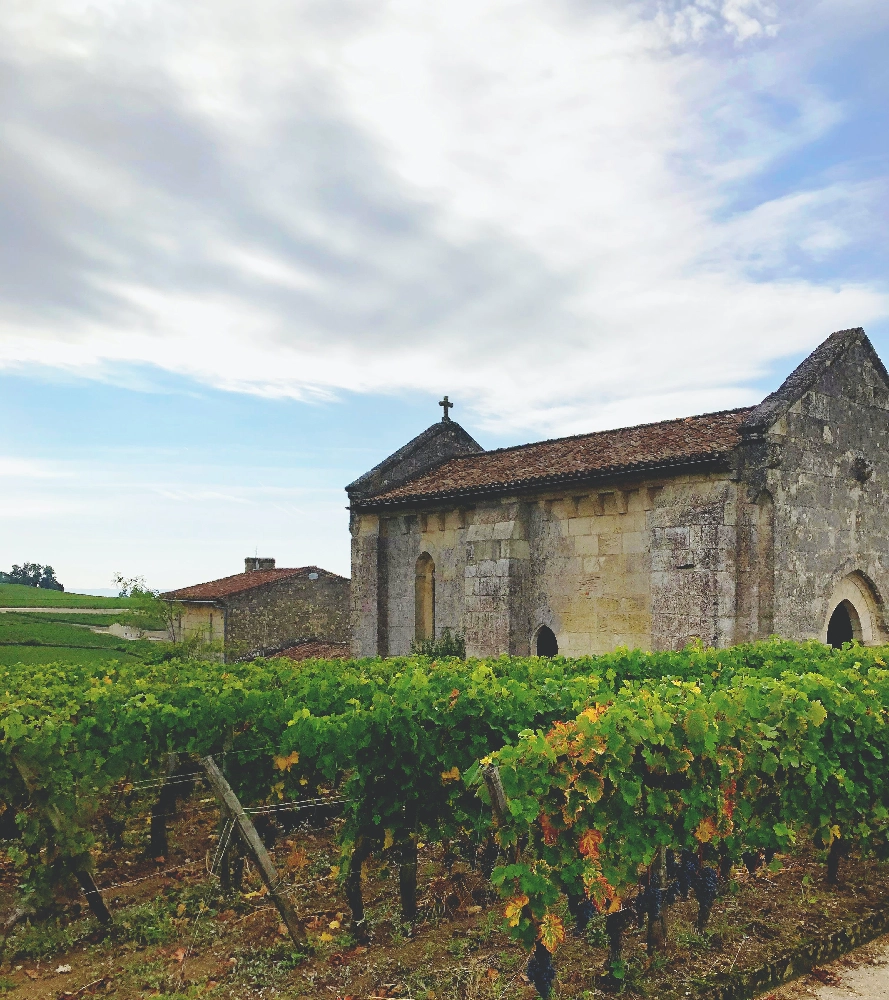
West Bank Wineries & Wines Stats
Wineries
1
Wines
34
A Historical Perspective on the Significance of Wine from the West Bank
Introduction: The West Bank, a region rich in history and culture, has long been recognized for its agricultural abundance. This land, situated between the Mediterranean Sea and the Jordan River, has been home to various civilizations throughout antiquity, each contributing unique aspects to the art of winemaking. In this historical review, we will explore the significance of wine from the West Bank, focusing on its deep-rooted history, distinctive grape varieties, and pairing traditions with local cuisine.
Historical Significance: The ancient civilizations of Canaan, Israelites, Romans, Greeks, and others all played a significant role in shaping the wine industry of the West Bank. Archaeological evidence suggests that grape cultivation and winemaking have been practiced in this region since approximately 3500 BCE (Before Common Era). Wine was not only used for religious purposes but also for daily consumption and trade.
Distinctive Grape Varieties: Throughout history, several grape varieties have been cultivated and perfected in the West Bank. Some of these include:
1. Canaan White: This ancient variety is believed to be one of the oldest wine grapes in the world. It produces a light-bodied white wine with delicate floral aromas, citrus notes, and hints of honey. 2. Nabati: Known as the "Messianic" grape, Nabati is mentioned in religious texts and believed to have been cultivated by Jesus Christ himself. This red grape produces a full-bodied, fruity wine with earthy undertones. 3. Judean Desert: This region's unique climate allows for the production of extraordinary dessert wines made from various grape varieties, such as Muscat and Grenache.
Food Pairings: The West Bank's rich culinary traditions have been shaped by its diverse population throughout history. Some traditional dishes and their corresponding wine pairings include:
1. Mansaf (rice with lamb and fermented yogurt): Pairs well with full-bodied red wines like Nabati or Canaan Red. 2. Musakhan (chicken with onions and sumac): Complements lighter white wines like Canaan White or dessert wines for a sweet finish. 3. Kunafa (stuffed pastry): Enhances the flavors of this popular dessert when paired with sweet dessert wines from the Judean Desert region.
Conclusion: The West Bank's historical significance in winemaking is unparalleled, with deep roots tracing back to ancient civilizations. Its unique grape varieties and rich cultural traditions continue to influence the modern wine industry and provide a distinct taste experience for wine enthusiasts around the world. By exploring this region's history, we gain a deeper appreciation for the art of winemaking and the unique flavors it brings to our tables.
